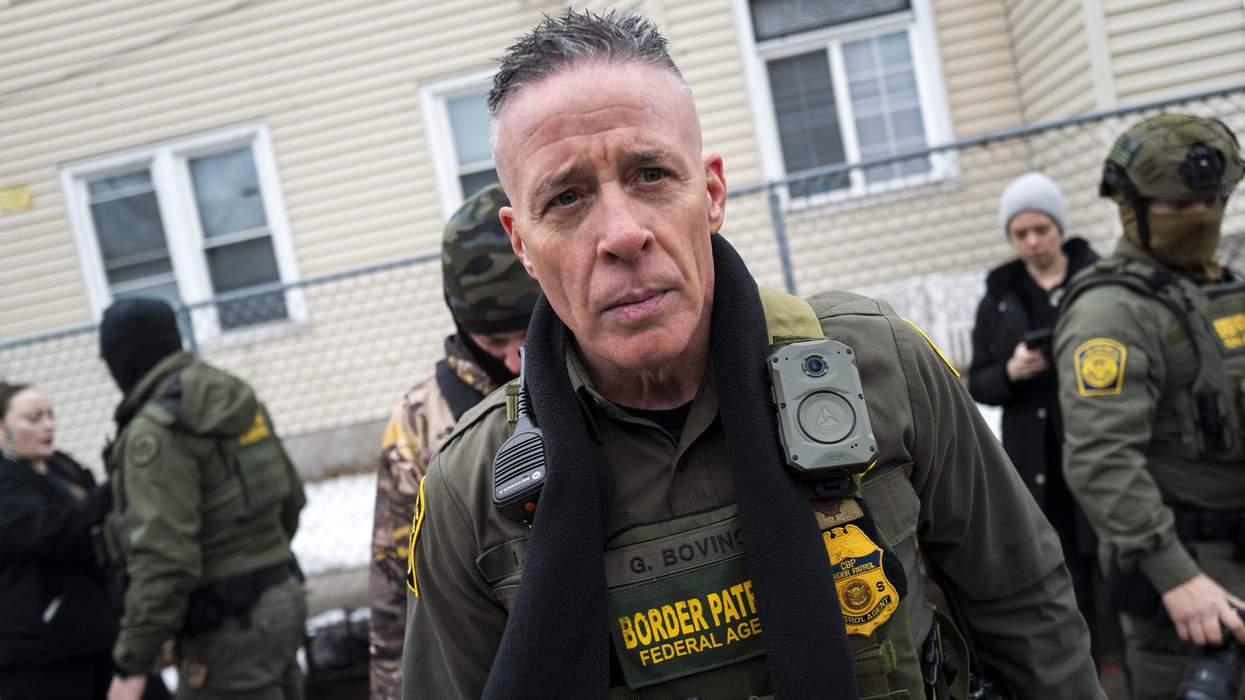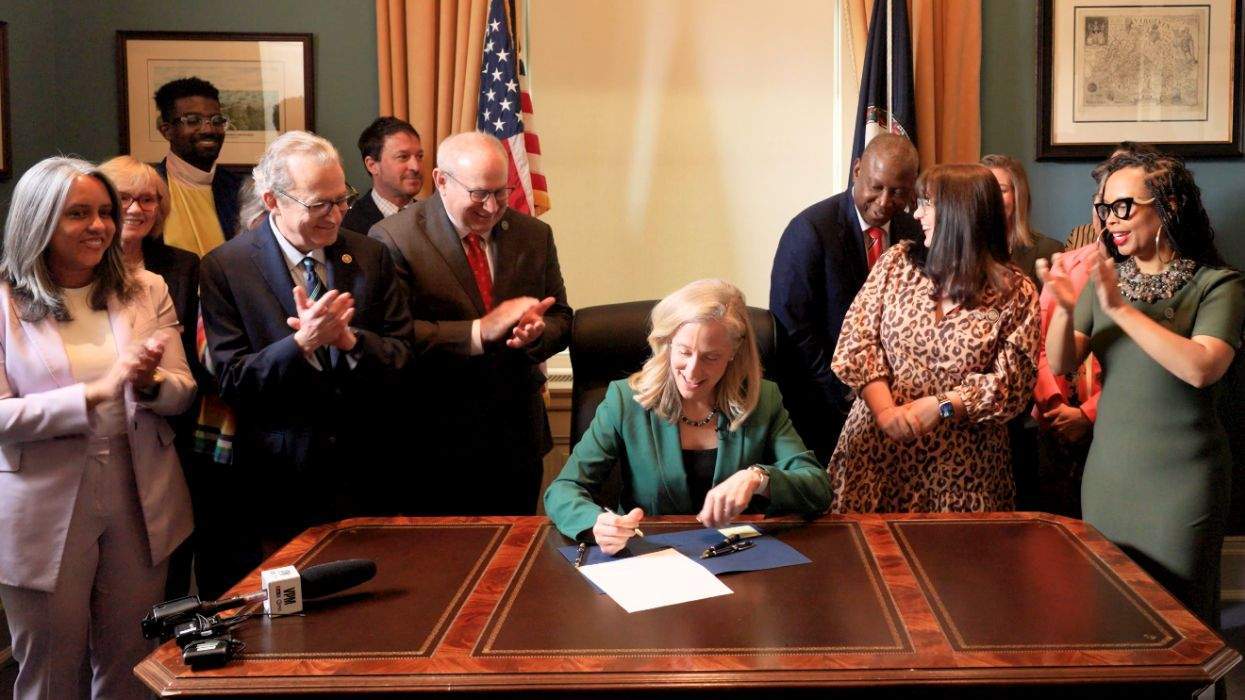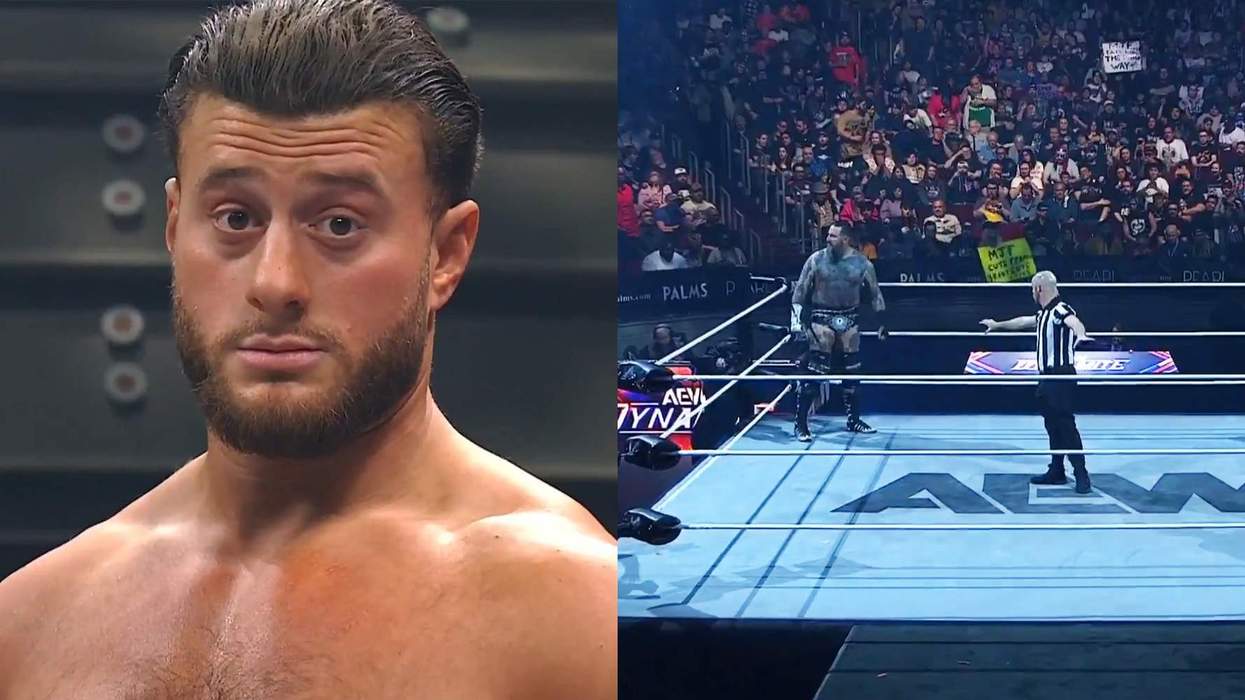I loved Wonder Woman as a child. She embodied all of the things that I wanted to be long before I knew what exactly those things were. I can recall wishing I could jump as high as she did, whenever other boys chased me. I wanted a magic bracelet to deflect all of the teasing that like bullets left me wounded every day after school. I wanted to fight evil and save the day, my day, from the villains.
While others teased me mercifully for my love of Wonder Woman, my dear Aunt Janet indulged me. She would watch as my young brother Nicholas and I played Wonder Woman. She loved that I mastered the spin. She loved that I could turn any random yellow cord into a magic lasso. She loved my imagination. I am sure the sight of seeing a young Puerto Rican fem boy be Wonder Woman unapologetically in the late 1980s was something to behold.
One day, she came home with red wristbands. She said, "Now you have magic bracelets to deflect the bullets." I was ecstatic and immediately wondered how I could draw yellow stars on them. Janet then whispered, "If grandmom doesn't let you be Wonder Woman, you can come to my house." Looking back, I am sure that Janet knew all along that some adults were villains.
When I think about safer spaces, Janet and all of the adults like her in my life come to mind. Adults who oftentimes did not have the privilege of safe spaces of their own but did all that they could to ensure that I was provided a sense of safety even in moments that were fleeting. Adults like my seventh-grade teacher Miss Wilson, who after witnessing me being teased and bullied invited me and other queer youth to spend every lunch period in her classroom. Or Mr. Lou, a teaching assistant who moonlighted as a bouncer at a local nightclub, who stopped me in the school hall to ask me why I was skipping class. I remember being afraid to answer. I sensed he knew, because he proceeded to ask, "Do you have a hall pass?" I replied, "No." He then asked, "Are they teasing you?" I was silent. "Are you gay?" I wanted to nod my head up and down as to say yes, but was afraid. Mr. Lou then said, "Don't let them make you feel you less-than. You should never be ashamed of who you are. When you are ready to talk, I am here." He then gave me a hall pass.
Each of these adults did what they could when they could and in turn taught me that safer spaces were not just physical locations but could also be people. They met me where I was and created a sense of safety that provided oxygen on days when I thought the harassment would suffocate me. It is this lesson and my deep gratitude for their support that inform how I now as an adult continue to show up in support of queer and trans youth.
In an era when villains now are found in our highest offices and in pieces of legislation that are rooted in bigotry and anti-trans hate, it is even more necessary that we protect queer and trans young people in our families, in our communities and in our schools. My Aunt Janet celebrated my imagination when others in my family shamed me. Miss Wilson provided me and my queer friends a space to breathe and be. Mr. Lou provided reassurance. They all met me where I was in the moment that I needed them. They knew people can only be what they truly want to be when they feel a sense of safety.
For some black and brown LGBTQ folks, our physical safer spaces can be violently disrupted. This was evident June 12, 2016, when 49 LGBTQ people and allies, many of whom were Puerto Rican, were murdered at Pulse nightclub in Orlando. It was a sobering reminder that even the spaces we create for ourselves do not protect us from the hate that often awaits us on outside those spaces. Our communities continue to be deeply affected, and the massacre left me, as a Puerto Rican gay man, questioning all spaces that provide sanctuary. It was Ariel, a Latino gay man and former coworker, who provided me solace the day after the Pulse shooting by walking into my office and simply hugging me. In that moment he became my Aunt Janet, Miss Wilson, and Mr. Lou.
Providing a physical location, while always the goal, is not always an option. We must intentionally be and become the safer space for ourselves for each other, and especially for young queers and trans youth. This includes checking in with our young people and asking what we can do to support them. Virtual safer spaces, like physical ones, are most impactful when built in partnership with young people.
Last year Advocates for Youth began to collect the stories of LGBTQ youth of color through our #MyStoryOutLoud project. In an effort to provide support to their peers, 10 LGBTQ black and brown youth created the project to provide a virtual space where young people can share their stories and build community on their own terns. The stories are not about redemption; they are about deceleration for their space in this world where they can feel safe enough to say, "I'm OK because I am here."
As the one-year mark of the Pulse massacre approached, I prepared myself to fall apart. I knew it would be painful for me on many levels and for many reasons, but I also knew I would be surrounded by people who are committed to my safety and well-being. Knowing this not only inspires and heals me but reminds me of my own commitment to ensure all kinds of spaces are available for LGBTQ youth to be their complete selves, even in moments of sadness and pain.
I still love Wonder Woman. I still believe in saving the day and because of Janet, Miss Wilson, and Mr. Lou, I know that there isn't just one way to do it. They embodied the safer space I needed when physical spaces were not enough. Because of them, I learned that celebrating the magic and wonder of the power of young people can save the world and give them the space to be their own heroes.
Louie A. Ortiz-Fonseca is director of LGBTQ health and rights at Advocates for Youth and cofounder of Gran Varones, a story project for Latino and Afro-Latino gay, queer, and trans men.















